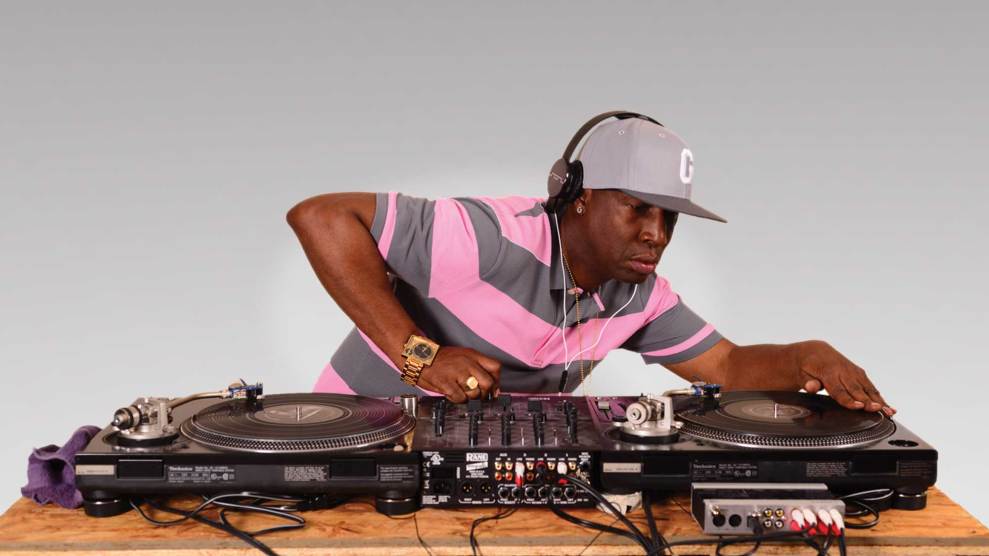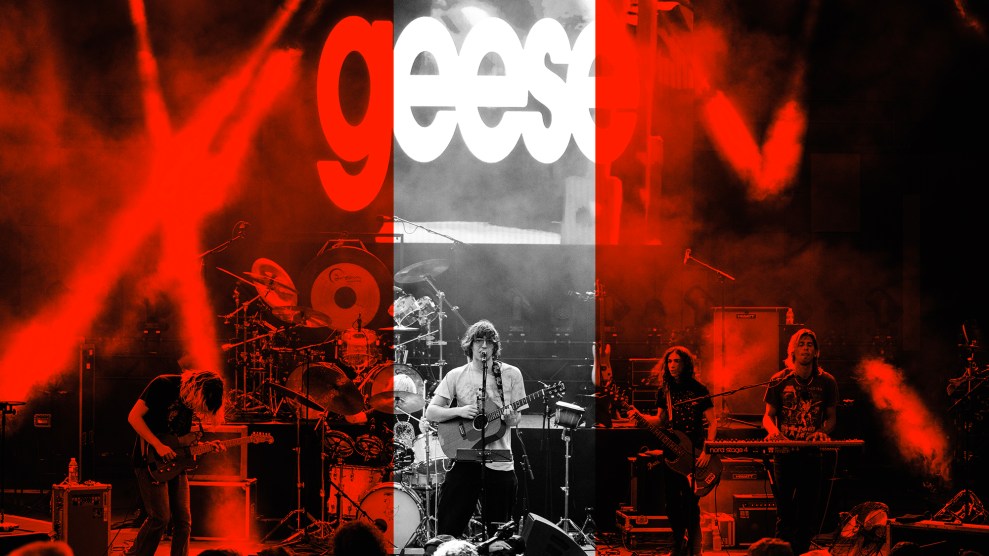
Jeremy Keith Villaluz
We asked a range of authors and creative types to name books that bring solace or understanding in this age of rancor. More than two dozen responded. Here’s what the acclaimed hip-hop writer and cultural critic Jeff Chang brought to the table.
Latest book: We Gon’ Be Alright: Notes on Race and Resegregation
Also known for: Can’t Stop Won’t Stop: A History of the Hip-Hop Generation
Recommended Reading: Hope in the Dark, Rebecca Solnit’s essential collection of essays, written at the darkest moment of our despair amid the Iraq War, was republished last year when it seemed we needed it most—again. Solnit is our angel of hope, always pointing us through the haze of fear and confusion toward faith and trust in our own collective possibility. Every time I read her I’m reminded that “the unimaginable is ordinary.” Then there’s The Next American Revolution, by Grace Lee Boggs with Scott Kurashige. Steve Bannon and the racist right hope to pull the nation into a final, inexorable “clash of the civilizations”—between white Christian Americans and the rest of the world. Working from within the ruins of Detroit, Boggs reframes revolution as not a bloody, destructive process but a set of soulful, creative acts that grow community and consciousness. Her vision of hope, freedom, and sustainability guides us now as we bring together justice movements and build the resistance.
_______
The complete series: Daniel Alarcón, Kwame Alexander, Margaret Atwood, W. Kamau Bell, Ana Castillo, Jeff Chang, T Cooper, Michael Eric Dyson, Dave Eggers, Reza Farazmand, William Gibson, Mohsin Hamid, Piper Kerman, Phil Klay, Alex Kotlowitz, Bill McKibben, Rabbi Jack Moline, Siddhartha Mukherjee, Peggy Orenstein, Wendy C. Ortiz, Darryl Pinckney, Joe Romm, Karen Russell, George Saunders, Tracy K. Smith, Ayelet Waldman, Jesmyn Ward, and Gene Luen Yang.

















